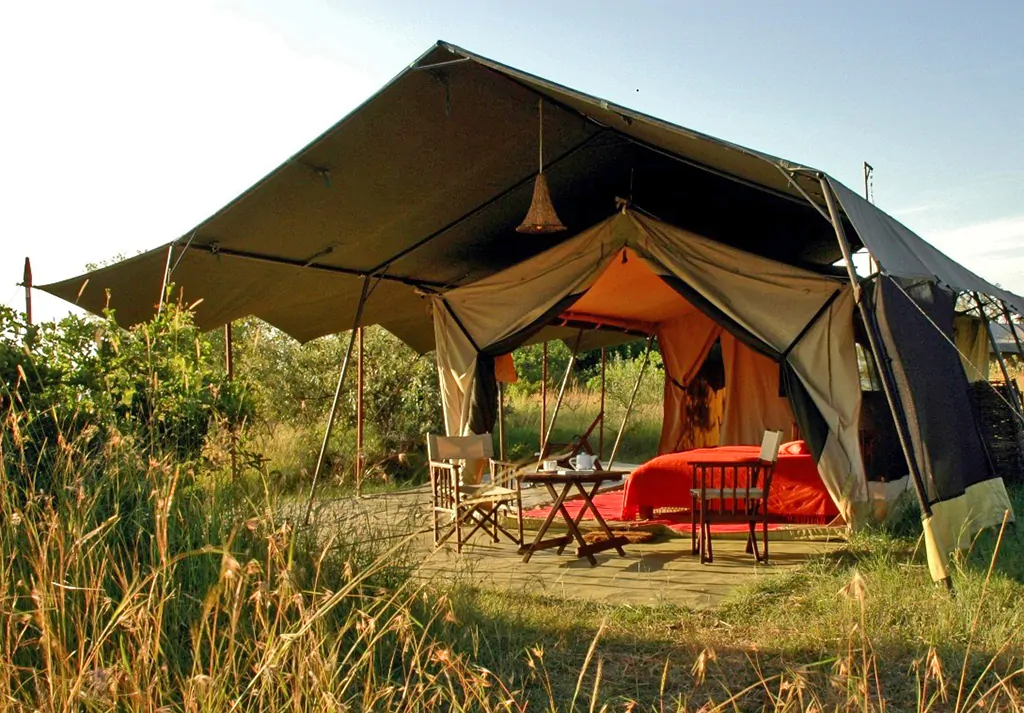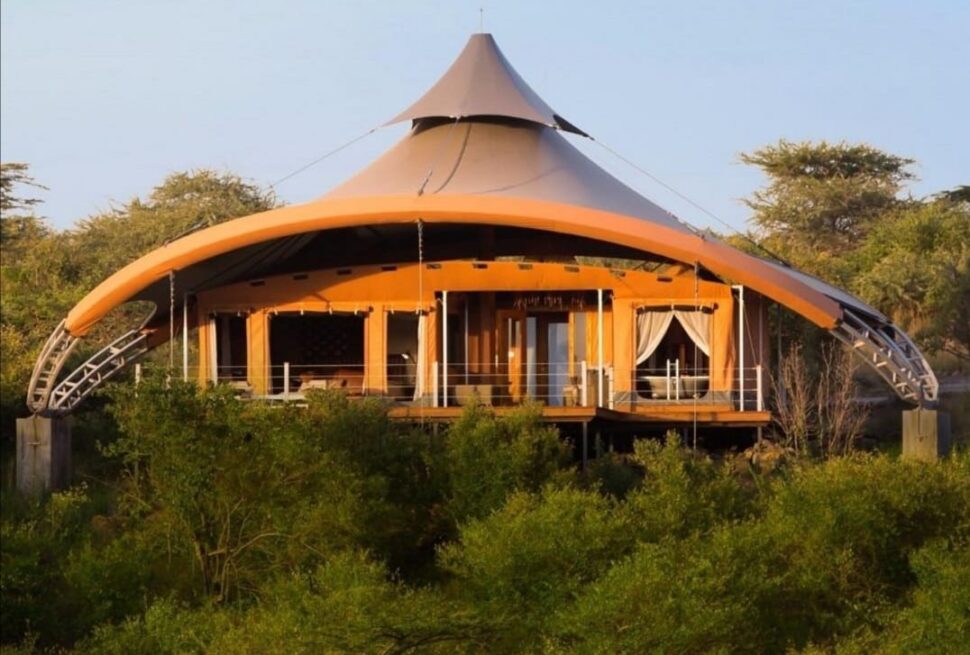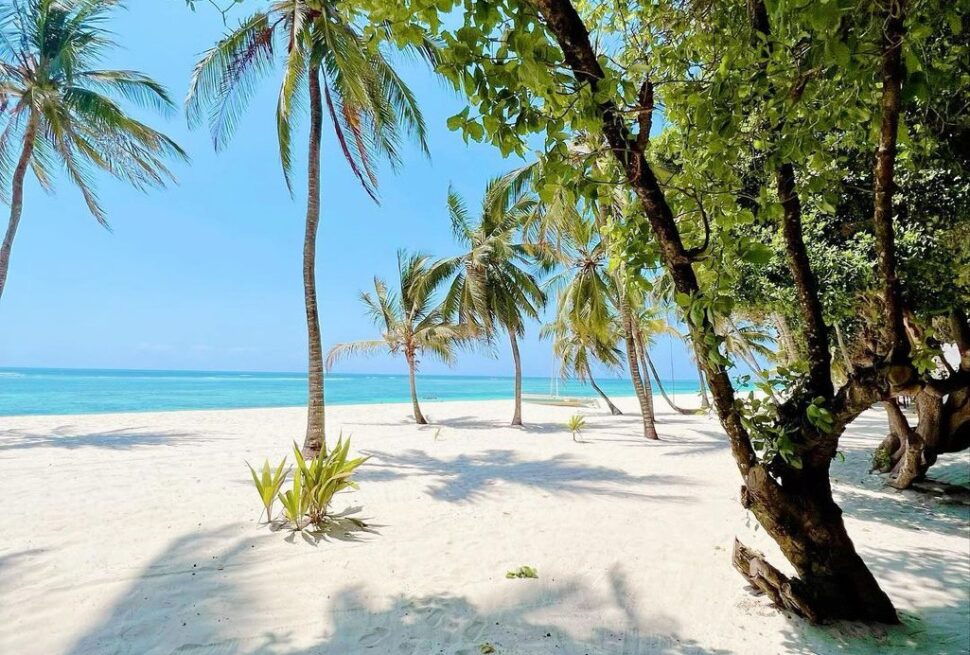Planning a safari in Kenya is an exciting adventure, but it can also be a bit overwhelming, especially when it comes to packing. With the right gear and a well-thought-out packing list, you’ll be prepared for the various activities and conditions that come with a safari. From the wildlife-filled plains of the Maasai Mara to the scenic coastline of Diani, the key to enjoying your safari experience lies in packing smart and light.
This guide will help you navigate the essentials of what to pack for a Kenya safari, with tips tailored to the unique weather conditions, activities, and safari lifestyle. Whether you’re going on a luxury safari or a budget-friendly camping safari, this list will ensure you’re comfortable, prepared, and ready for every adventure.
1. Clothing for a Safari: Stay Cool, Comfortable, and Protected
When it comes to safari clothing, functionality is key. You’ll need to be prepared for both the hot days and cool evenings of Kenya, while also dressing appropriately for game drives and walking safaris. Here’s a list of clothing essentials to bring:
1.1 Neutral-Colored Clothing
- Why it’s important: Bright colors can scare away animals, while dark clothes can attract unwanted attention from mosquitoes. Neutral tones like khaki, beige, olive, and brown are best for blending into the environment.
- What to bring: A mix of long-sleeve shirts, light pants, and comfortable shorts will keep you cool during the day while protecting you from the sun and insects.
1.2 Light, Breathable Fabrics
- Why it’s important: Kenya’s temperatures can vary, so lightweight, breathable fabrics are essential for comfort. Cotton or moisture-wicking materials like synthetic blends are great options that allow sweat to evaporate and keep you cool.
- What to bring: Light cotton shirts, moisture-wicking t-shirts, and long pants are perfect for both hot days and cooler evenings.
1.3 Layering for Evening and Early Morning Safaris
- Why it’s important: Early morning and evening game drives can be chilly, especially in higher altitudes like the Maasai Mara or Amboseli.
- What to bring: A light jacket, sweater, or fleece for those cooler hours. Layering helps ensure comfort when temperatures fluctuate between day and night.
1.4 Comfortable Footwear
- Why it’s important: Safari activities often include walking safaris, nature hikes, and long hours of game drives, so comfortable shoes are a must.
- What to bring: A pair of sturdy, comfortable walking shoes for safaris, and sandals or flip-flops for downtime at the lodge. Avoid high heels and opt for shoes with good grip for uneven terrain.
1.5 Sun Protection Gear
- Why it’s important: The sun in Kenya can be intense, especially in open vehicles during safaris.
- What to bring: A wide-brimmed hat, sunglasses with UV protection, and UV-blocking clothing to protect your skin from harmful rays.
2. Essential Gear for a Safari in Kenya
2.1 Binoculars
- Why it’s important: To spot wildlife from a distance and enhance your game viewing experience, binoculars are a safari essential. They allow you to observe animals in detail without disturbing them.
- What to bring: A good pair of binoculars (8×40 or 10×42) is ideal for safari adventures.
2.2 Camera and Accessories
- Why it’s important: Kenya’s wildlife and landscapes offer countless photo opportunities. A camera is essential for capturing these once-in-a-lifetime moments.
- What to bring: A DSLR camera or mirrorless camera with a zoom lens (ideally 200mm or more) is great for wildlife photography. Don’t forget extra memory cards, spare batteries, and a camera bag to protect your gear.
2.3 Power Bank
- Why it’s important: Power outages can occur in remote safari areas, and charging your devices at lodges may not always be reliable. A power bank ensures you can keep your camera, phone, and other devices charged.
- What to bring: A high-capacity power bank (10,000mAh or higher) to keep your devices powered up during long days in the bush.
2.4 Reusable Water Bottle
- Why it’s important: Staying hydrated is crucial, especially when you’re out on game drives under the hot African sun.
- What to bring: A reusable water bottle that you can refill during your safari. Some safari camps and lodges offer water bottles to reduce waste, but bringing your own is a good practice.
2.5 Day Pack or Backpack
- Why it’s important: A small, durable backpack is ideal for carrying your essentials (water, camera, snacks, etc.) during game drives or excursions.
- What to bring: A light day pack or small backpack for convenience.
3. Health and Safety Essentials
3.1 Insect Repellent
- Why it’s important: Kenya is home to mosquitoes, especially in humid areas like Amboseli and Lake Victoria. Protecting yourself from bites is key to avoiding diseases like malaria.
- What to bring: DEET-based insect repellent (or a natural alternative) to apply to exposed skin. Don’t forget to apply it early in the evening, particularly on game drives.
3.2 Sunscreen
- Why it’s important: The sun in Kenya can be intense, especially at higher altitudes or in the middle of the day.
- What to bring: A high-SPF sunscreen (SPF 30 or higher) to protect your skin from sunburn, especially on exposed areas like the face, neck, and arms.
3.3 First Aid Kit
- Why it’s important: While most safaris are safe, it’s always good to be prepared for minor injuries or health issues.
- What to bring: A small first aid kit containing essentials like band-aids, antiseptic cream, pain relievers, and any personal medications you may need.
3.4 Malaria Medication (If Required)
- Why it’s important: Malaria is prevalent in certain parts of Kenya, especially during the rainy season.
- What to bring: If you’re visiting regions where malaria is common, consult with your doctor about taking antimalarial medication before, during, and after your trip.
4. Safari-Specific Documents and Essentials
4.1 Travel Insurance
- Why it’s important: It’s essential to have travel insurance that covers health, trip cancellations, and activities like safaris.
- What to bring: A copy of your travel insurance policy with emergency contact numbers. Make sure the insurance covers medical evacuation and activities like game drives and hot air balloon rides.
4.2 Passport and Visas
- Why it’s important: Kenya requires a valid passport for entry, and many visitors will need a tourist visa.
- What to bring: Ensure your passport is valid for at least six months beyond your intended stay. Check the visa requirements for your country of origin and ensure you have all necessary documents in order.
5. What to Leave Behind
5.1 Expensive Jewelry
- Why it’s important: The safari environment can be rugged, and wearing expensive jewelry could attract unwanted attention.
- What to leave behind: Leave valuable jewelry at home or lock it up in the hotel safe.
5.2 Heavy Luggage
- Why it’s important: Safari lodges and camps often have weight limits for luggage, especially for smaller flights to remote areas.
- What to leave behind: Try to pack light and stick to the essentials. Many lodges offer laundry services, so you don’t need to bring extra clothing.
Packing for Your Kenya Safari
With the right gear, your Kenya safari will be comfortable, enjoyable, and hassle-free. By packing practical, lightweight clothing, essential safari gear, and health and safety items, you’ll be well-prepared to make the most of your adventure. Remember that a safari is all about experiencing the beauty of nature and wildlife, so be sure to focus on what will keep you comfortable and connected to your surroundings.
Now that you know what to pack for a Kenya safari, it’s time to get ready for an unforgettable adventure filled with incredible wildlife, stunning landscapes, and cultural experiences. Safe travels




